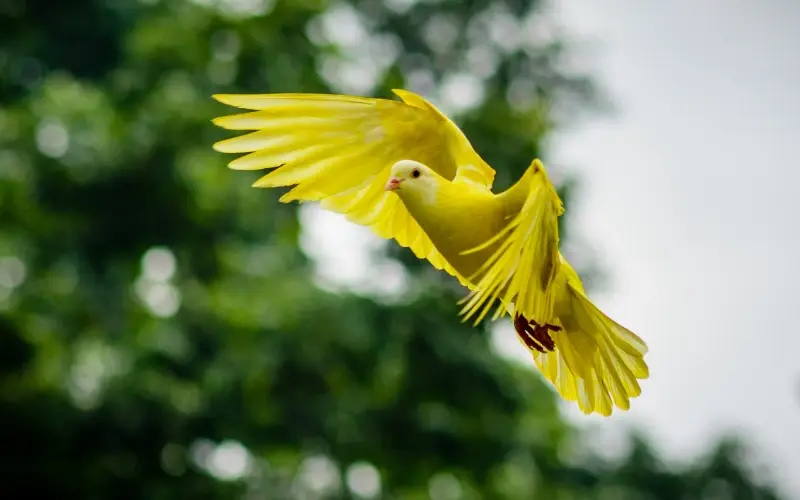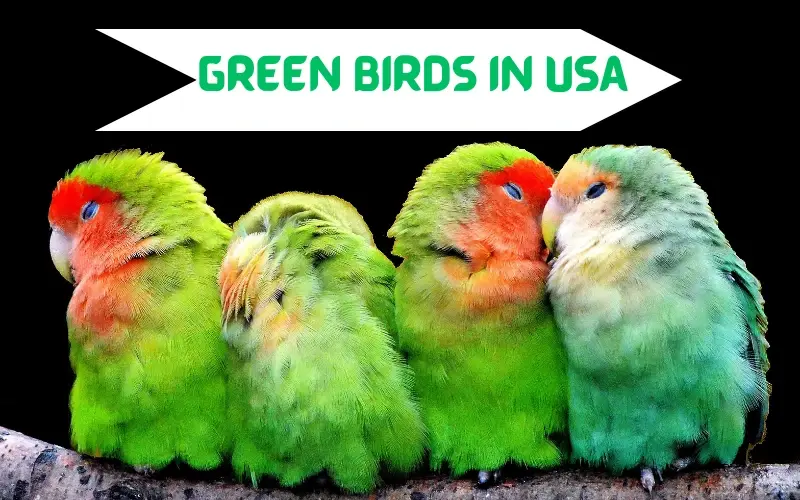Are Macaws Good Pets for Apartments? Discover the truth about owning a macaw in an apartment setting. Learn about the advantages and disadvantages of having these colorful birds as companions in smaller living spaces.
Introduction:
Owning a majestic macaw can be a dream come true for bird enthusiasts, but when it comes to apartment living, many ponder: Are Macaws Good Pets for Apartments? In this comprehensive guide, we’ll delve into the intricacies of keeping a macaw in your apartment, exploring the pros and cons that come with this vibrant feathered friend.
The Allure of Macaws:
Macaws, with their vibrant plumage and charismatic personalities, have long captivated bird lovers worldwide. Their intelligence, playful demeanor and ability to form strong bonds with their owners make them appealing companions for those seeking a feathered friend.
Understanding Macaw Behavior:
Before welcoming a macaw into your apartment, it’s crucial to understand their behavior patterns. Macaws are highly social creatures that thrive on interaction and mental stimulation. In an apartment setting, providing ample opportunities for socialization and enrichment is key to keeping these intelligent birds happy and healthy.

Pros of Having a Macaw in an Apartment:
- Vibrant Personality: Macaws bring vibrancy and energy to any living space, adding a splash of color and charm to your apartment.
- Bonding Opportunities: Living in close quarters allows for increased bonding time between you and your macaw, fostering a deep and meaningful relationship.
- Entertainment Factor: With their playful antics and comedic behavior, macaws provide endless entertainment for apartment dwellers.
- Low Maintenance: Despite their large size, macaws are relatively low-maintenance pets, requiring minimal grooming and care compared to other companion animals.
- Loyal Companionship: Macaws are known for their loyalty and affection towards their owners, making them devoted companions in apartment living.
Cons of Having a Macaw in an Apartment:
- Noise Levels: Macaws are notorious for their loud vocalizations, which can be disruptive in apartment settings and may lead to complaints from neighbors.
- Space Requirements: Macaws are large birds that need ample space to spread their wings and exercise. Lack of space in an apartment can lead to behavioral issues and stress.
- Destructive Behavior: Without proper mental and physical stimulation, macaws may engage in destructive behaviors such as chewing furniture or plucking feathers.
- Messiness: These birds are not known for their cleanliness, and apartment dwellers may find themselves dealing with feathers, food debris, and droppings daily.
- Potential Health Hazards: In confined spaces, macaws may be more susceptible to respiratory issues and stress-related health problems if environmental conditions are not optimal.
Addressing Common Concerns:
Feeding Your Macaw in an Apartment: While space may be limited, providing a varied and nutritious diet is essential for your macaw’s health and well-being. Incorporate a mix of pellets, fresh fruits, vegetables, and nuts into their daily meals.
Exercise and Enrichment: Engage your macaw in regular flight exercises and provide plenty of toys and puzzles to keep them mentally stimulated. Consider creating a designated play area within your apartment where your macaw can safely spread its wings and explore.
Noise Management: To minimize noise disturbances, establish a consistent daily routine for your macaw and provide distractions such as music or white noise to mask loud vocalizations. Training your bird to vocalize at specific times of the day can also help reduce noise levels.
Neighborhood Etiquette: Be considerate of your neighbors by keeping noise levels to a minimum during early morning and late evening hours. Communicate openly with neighbors about your pet and address any concerns or issues promptly.
Conclusion:
While the allure of owning a macaw in an apartment is undeniable, it’s essential to weigh the pros and cons carefully before making a decision. With proper care, attention, and understanding of their unique needs, macaws can thrive in apartment settings, bringing joy and companionship to their owners.
FAQs:
- Can Macaws be left alone in an apartment? Macaws are social birds and may experience loneliness if left alone for extended periods. It’s important to spend quality time with your macaw daily and provide enrichment activities to keep them stimulated.
- Do macaws require special permits for apartment living? Regulations regarding pet ownership vary depending on your location. Check with your local authorities to determine if permits are required for keeping a macaw in your apartment.
- How do I prevent my macaw from disturbing my neighbors? Training and socialization are key to managing your macaw’s behavior and minimizing noise disturbances. Invest in proper training techniques and provide outlets for your bird’s natural behaviors to prevent excessive vocalizations.
- Are macaws prone to health issues in apartment settings? Like any pet, macaws require regular veterinary care to ensure their health and well-being. Keep your apartment clean and well-ventilated to reduce the risk of respiratory issues, and monitor your bird closely for any signs of illness.
- Can I travel with my macaw if I live in an apartment? Traveling with a macaw requires careful planning and consideration. Ensure that your bird is comfortable with travel and provide appropriate accommodations, such as a secure travel carrier and familiar toys or perches, to reduce stress during journeys.
- Are macaws suitable pets for families living in apartments? While macaws can make wonderful additions to family life, it’s essential to assess your living situation and lifestyle before bringing one into your home. Consider factors such as noise tolerance, space availability, and commitment to providing proper care and enrichment for your feathered friend.














